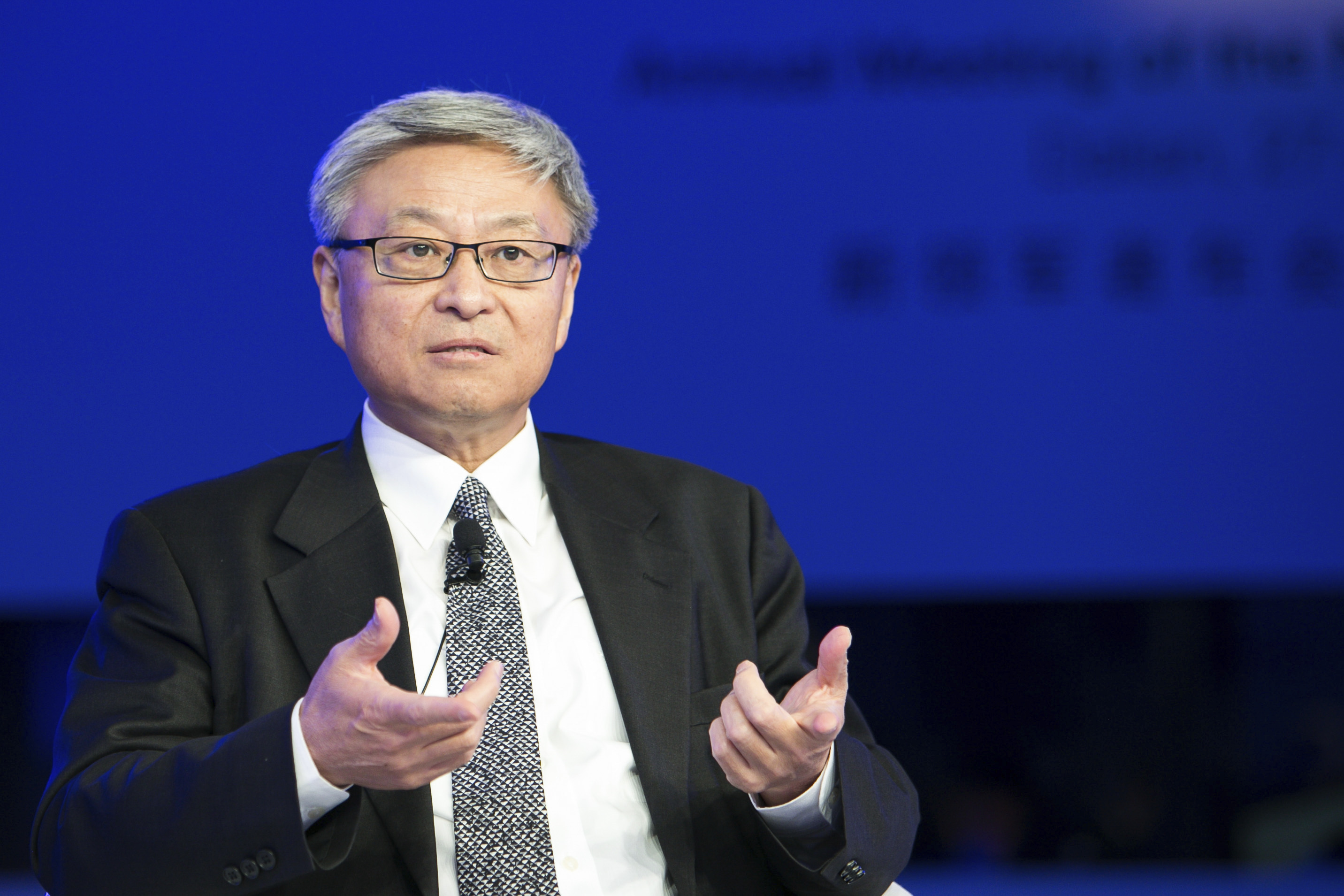Professor Yan Xuetong, 71 years old, published a book in 2013 in which he made around 300 predictions about the direction that relations between major powers would take in the next decade. Especially regarding a then-rising player, China, which was beginning to assert itself in some global power games but was still in the background.
Yan's predictions, according to subsequent studies of his work (The Inertia of History: China and the World in 2023), had an accuracy of 82.3%. His major success was predicting current trends in the international landscape. That China would become the second power, giving it great authority to play a new role in international affairs and sparking conflicts on various fronts with the US; the EU, Russia, and Japan would lose some of their shine; the world would become more multipolar, with the decline of the West and East Asia gaining more influence and driving economic growth.
In Beijing, Yan is currently the chief ideologue of China's foreign policy, one of the leading strategic thinkers. He is the dean of the Institute of International Relations at the prestigious Tsinghua University, where Presidents Hu Jintao and Xi Jinping studied.
With a Ph.D. in Political Science from the University of California, all of Yan's writings have long been the source from which the international relations of the Asian giant draw. This scholar was among the first to predict the new Cold War between Beijing and Washington, suggesting that his country would challenge US hegemony. He now maintains that the US is in decline, but has made it clear that China is not yet ready to be a true global leader because it lacks the necessary resources, especially in the military realm, to assume that responsibility.
Yan has also gazed into his crystal ball regarding the next moves on the global stage with Trump back in the White House. In an interview with the Hong Kong newspaper South China Morning Post, the professor points out that we are now heading towards a "bipolar world," where the gap between the US and China and the rest of the world will widen.
Beijing will benefit from the deterioration of US foreign relations, but both economically and militarily, the Asian power will still lag behind. European discontent with the US approach in the Israel-Hamas war will help China improve its relations with the EU. With Trump, the chances of a war in Taiwan will decrease, but the trade dispute between Beijing and Washington will intensify with a new wave of tariffs.
This is the vision of Beijing's main oracle in foreign policy, a scholar who holds a more aggressive stance that the Chinese regime, like the US, should establish a formal network of allies and provide them with military security. And this should be done before 2034, when what he calls "counterglobalization," with populism dominating all ideologies, will be the strongest current.
